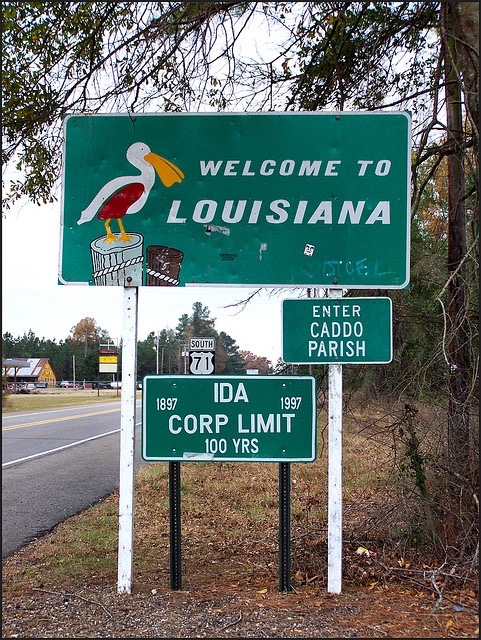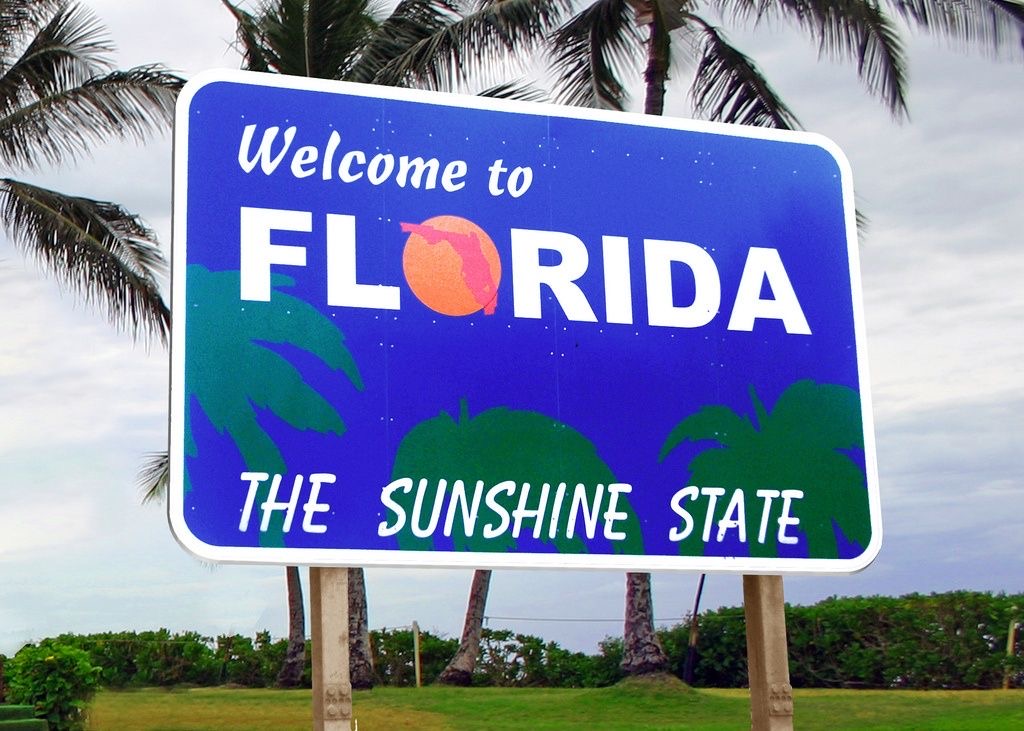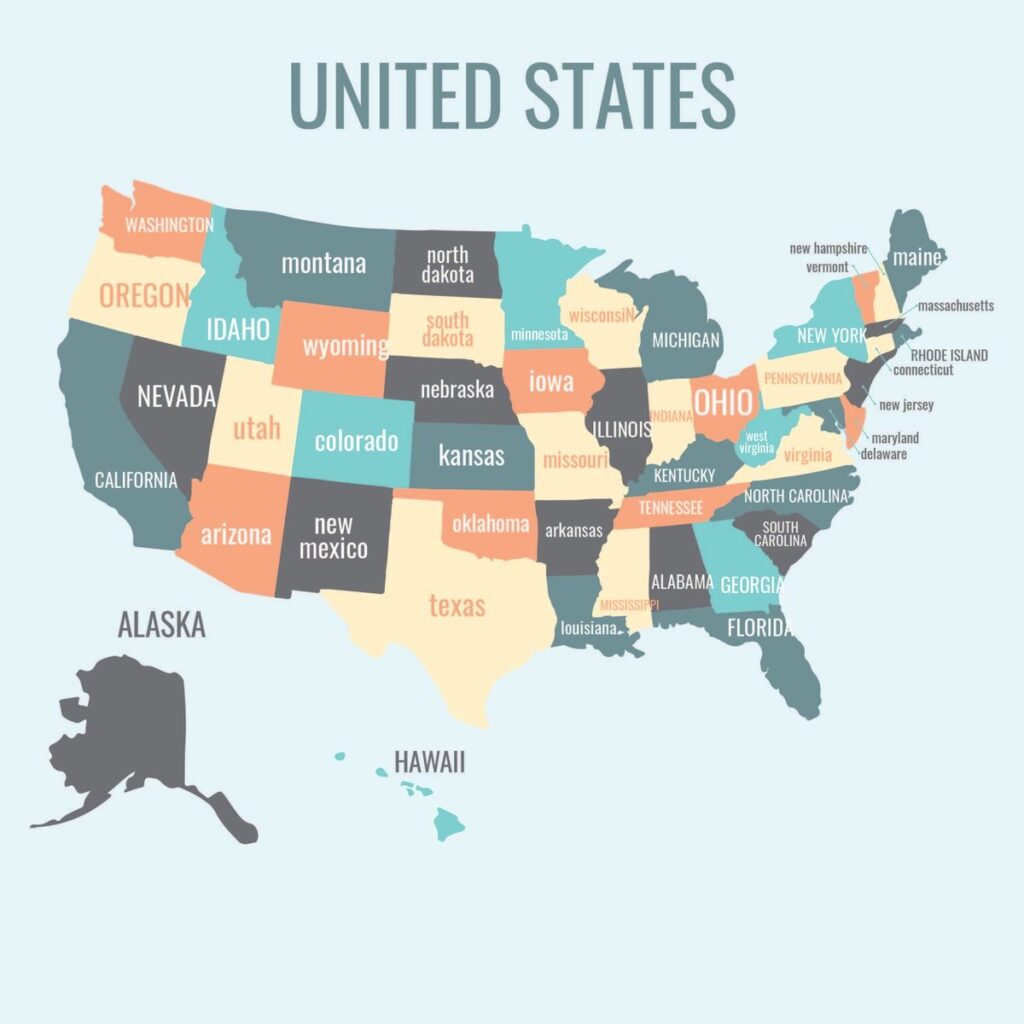When buying property or real estate, the market can be as unpredictable as a loose cannon. Just when you think you know what is trending, it changes.
Experts predict the rapid increase in home prices in 2024 will slow down. Fannie Mae, a government-sponsored organization that studies the housing market, said home prices will increase by about 6.1% by the end of 2024. However, it will slow to around 3% by 2025.
The price of homes might not be the only thing that will change. Mortgage rates might also shift. The Federal Reserve has suggested that rates may drop soon. These rates would affect how affordable it will be for people to buy homes.
In the real estate market, there are a few “main characters” or factors that drive changes. These factors include population trends, that is, the ratio of older to younger people. It also includes the economy’s overall health, interest rates, and government rules or policies.
For example, if a lot of people are getting older and fewer people are looking to buy homes, demand could drop in some areas. Also, if interest rates go up, fewer people might be able to afford a house, which would change how the market looks.
States You Should Think Twice About Before Buying Property in the Next 5 Years
The following are ten states you might regret buying a property in over the next five years:
1. California
When almost every American thinks of California, they think of a place full of dreams, sunshine, and exciting opportunities. Although it has nearly all of that, California is also one of the most expensive places to live when it comes to buying a house. While it might be tempting to move there, you need to think twice before making a decision.

California’s home prices are known to be extremely high, and they do not show any signs of going down soon. According to Zillow, an online real estate company, the average house price in California is $786,938. This is much higher than the national average of $360,681, making it challenging for people who are new to the area to find an affordable place to live.
California’s economy relies heavily on the tech and entertainment industries, which are known to experience ups and downs. If these industries face problems, people can lose their jobs, which can cause fewer people to buy houses. California is also known for its natural disasters, like wildfires and earthquakes. These events can drive up insurance costs, adding to the already high living expenses in the state.
ALSO READ: Can I Get a Home Equity Loan on an Inherited Property?
2. New York
New York, also known as the Empire State, might not be the great investment opportunity it once was. The cost of living here is very high, making buying a property very difficult.
New York is one of the most expensive places to live in the U.S. According to Rent Cafe, the cost of living in New York is 26% higher than the national average. Even essential utilities like electricity and water are more expensive—they cost 3% more—and housing prices are 75% higher than the national average.
Property taxes are also high, meaning investors must spend a lot initially and continue paying high costs. Many people have been moving away from New York City to cheaper places. This can lower the demand for property in the state and even cause the value of properties to drop in some areas.
There are also strict rules about housing and possible rent control, which can make it harder for property owners to make money. In general, the real estate market in New York is complicated and challenging for landlords and property owners.
3. Illinois
Illinois is famous for Chicago’s skyline, but the real estate market there is quite tricky. Buying property in Illinois is risky because of economic problems and a population that is not growing. The state has financial issues, including significant budget deficits and debt from its pension system.
Illinois has some of the highest property taxes in the country. In addition, Chicago has problems with crime and budget issues, which have led to reductions in important public services and higher taxes.
Yawar Charlie, an estates director at Aaron Kirman Group at Christie’s International Real Estate, talked about these issues. He said that these financial problems make it hard for people to justify staying in Illinois when they could relocate somewhere safer and with a better economy.
As an investor, you must be careful when looking at real estate opportunities in Illinois. The population is getting smaller, which means fewer people need homes. This drop in the number of residents affects the number of people interested in buying property, which can, in turn, lower property prices across the state.
4. Connecticut
Although Connecticut’s real estate market has some problems, it has a lot of appeal. The state has charming historic homes and many other attractive features. However, buyers often worry about the state’s tax policies and economy. They are wary of it because it is not very strong.

Connecticut has been dealing with slow economic growth and not enough job opportunities. This means fewer people are moving to the state, which reduces population and lowers the demand for houses.
Also, property and estate taxes in Connecticut are high. Buyers need to know about these costs when they are thinking about buying a home. The state also has older roads and buildings and little public transportation. These problems can make people less interested in buying homes there, which weakens the overall real estate market.
ALSO READ: How Long Does Getting a Home Equity Loan Take?
5. New Jersey
New Jersey might sound like a nice place to live, but it is not as sweet as it seems. Buying property there is not easy. One reason is that the state has high taxes and a less stable economy. These economic ups and downs can affect the number of jobs and their security, which in turn impacts the housing market.
Another major challenge is that property taxes in New Jersey are very high. This gets a lot of negative attention and can make people think twice before buying or investing in property. Even though New Jersey is close to big cities like New York and Philadelphia, the real estate market is still very competitive.
6. Michigan
Michigan is well-known for its car industry, but its real estate market is challenging to understand. It needs careful study, especially regarding changes in the economy and population.
The car industry is a huge part of Michigan’s economy, but it can be affected by changes in manufacturing and international trade. People looking to buy property should consider how stable Michigan’s economy is.
Changes in population and the types of people living in different areas mean that the demand for homes has shifted around the state. Anyone looking to invest should do thorough research before making a decision. The state’s harsh winters and unpredictable weather can lead to higher maintenance and energy costs for property owners, so buyers must be prepared for that.
7. Louisiana
Louisiana’s real estate market is also complex, but it can also be very rewarding. Buyers should keep in mind that the state’s economy is tied to industries like oil and gas, which are known to be unstable. This can affect property demand and prices.

Louisiana also faces weather risks like hurricanes and flooding, which impact property investments. Buyers need to consider how these weather events might affect their properties. Aging infrastructures can also influence the value and attractiveness of properties, and limited public services can influence them, too. Therefore, buyers need to think about these issues, too.
8. West Virginia
West Virginia is a beautiful place for nature lovers. The state offers many outdoor activities like fishing, hunting, and exploring caves. However, if you’re considering buying a property there, you must look closely at the real estate market.
The state’s economy is changing from older industries like coal mining to newer ones, which could affect property values. Also, West Virginia’s population is declining as more people move away.
This means there are fewer buyers and lower demand for houses. Rural areas might not have many services, making homes less valuable. Buyers need to check if there are enough resources and services before making a property purchase.
9. Vermont
Vermont has a charming look with its beautiful scenery and small towns. Investors should not fall for only this. The state’s real estate market requires careful consideration.
Vermont’s economy relies on agriculture and tourism, so buyers must consider how stable and robust the economy is. There aren’t always enough homes for sale. This factor can raise property prices.
Vermont also has harsh winters and changing seasons, making maintaining a house and living costs more expensive. Buyers should be prepared for these weather challenges.
10. Florida
Florida is called the Sunshine State for a reason, but its real estate market has more to consider than sunny weather. The state’s economy heavily depends on tourism and hospitality, which can make it unstable during economic downturns. Buyers need to consider the state’s overall economic health.

Also, coastal areas are at risk from hurricanes and floods, which can lower property values and lead to higher insurance costs. Before buying a property near the water, it is smart to research potential risks.
The rapid population growth can create more demand for housing, but in some areas, there might be too many homes for sale. Buyers need to look at local market trends before deciding.
In conclusion, buying property is a big decision, especially in states with certain challenges. Over the next five years, economic changes in population, climate risks, and local market trends could affect the value of properties.
When investors understand these issues, they can make better choices. Before deciding to buy property in any of these states, it is important to do good research and consider any risks carefully.

